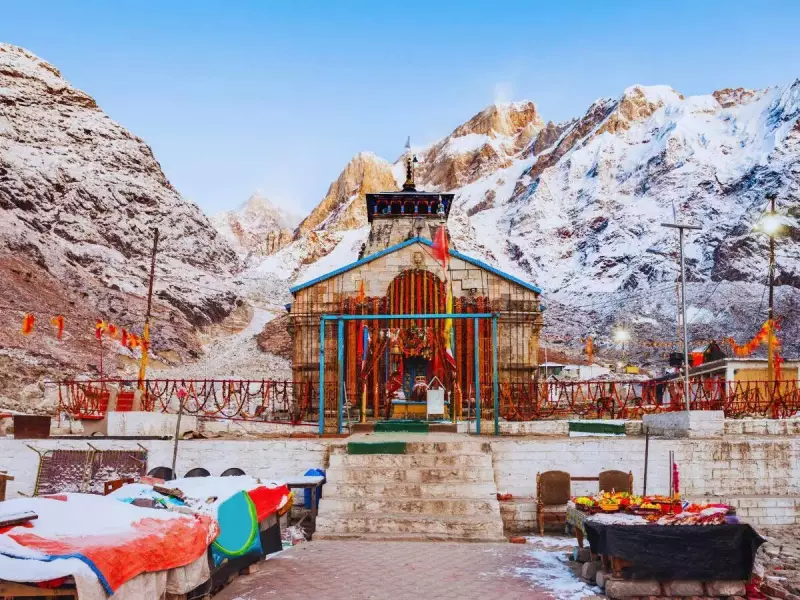
The sacred Kedarnath Temple, one of Hinduism's most revered Char Dham pilgrimage sites, will officially close its doors for the winter season on November 15, 2025. This annual ritual marks the symbolic departure of Lord Shiva to Ukhimath, where worship continues during the harsh Himalayan winter months.
What Travelers Need to Know About the 2025 Closure
The closure ceremony, known as 'Kapat Bandh', follows ancient traditions where the temple doors are sealed until next spring. The decision comes as heavy snowfall begins to blanket the Himalayan region, making the journey perilous for pilgrims and locals alike.
Key Dates for Your Pilgrimage Planning
- Closing Date: November 15, 2025 (Bhai Dooj)
- Reopening Date: Expected April-May 2026 (Akshaya Tritiya)
- Last Darshan: Morning of November 15th
- Alternative Worship: Ukhimath's Omkareshwar Temple
Impact on Char Dham Yatra Pilgrims
For travelers planning the complete Char Dham circuit, this closure significantly affects itinerary planning. While Kedarnath closes, other temples in the circuit—Badrinath, Gangotri, and Yamunotri—typically follow similar winter schedules with minor variations in dates.
Alternative Pilgrimage Options During Winter
Devotees seeking spiritual solace during the closure period can visit:
- Ukhimath's Omkareshwar Temple - The winter seat of Lord Kedarnath
- Madhyamaheshwar Temple - One of the Panch Kedar sites
- Guptkashi - Home to ancient Shiva temples
Essential Travel Advisory for 2025 Season
The Uttarakhand Tourism Department strongly advises against attempting the Kedarnath trek after the official closure date. The region experiences:
- Extreme weather conditions with temperatures dropping to -10°C
- Heavy snowfall blocking access routes
- Limited emergency services and accommodation
- Potential avalanche risks in higher altitudes
Preparation Tips for Next Season's Pilgrimage
Early planning is crucial for the 2026 pilgrimage season. Consider booking accommodations in advance, obtaining necessary permits, and preparing for altitude acclimatization. The temple typically reopens on Akshaya Tritiya, considered an auspicious day for new beginnings.
This ancient tradition of winter closure not only ensures the safety of millions of devotees but also allows for essential maintenance and preservation of the 8th-century temple structure, standing strong at 3,583 meters above sea level.




